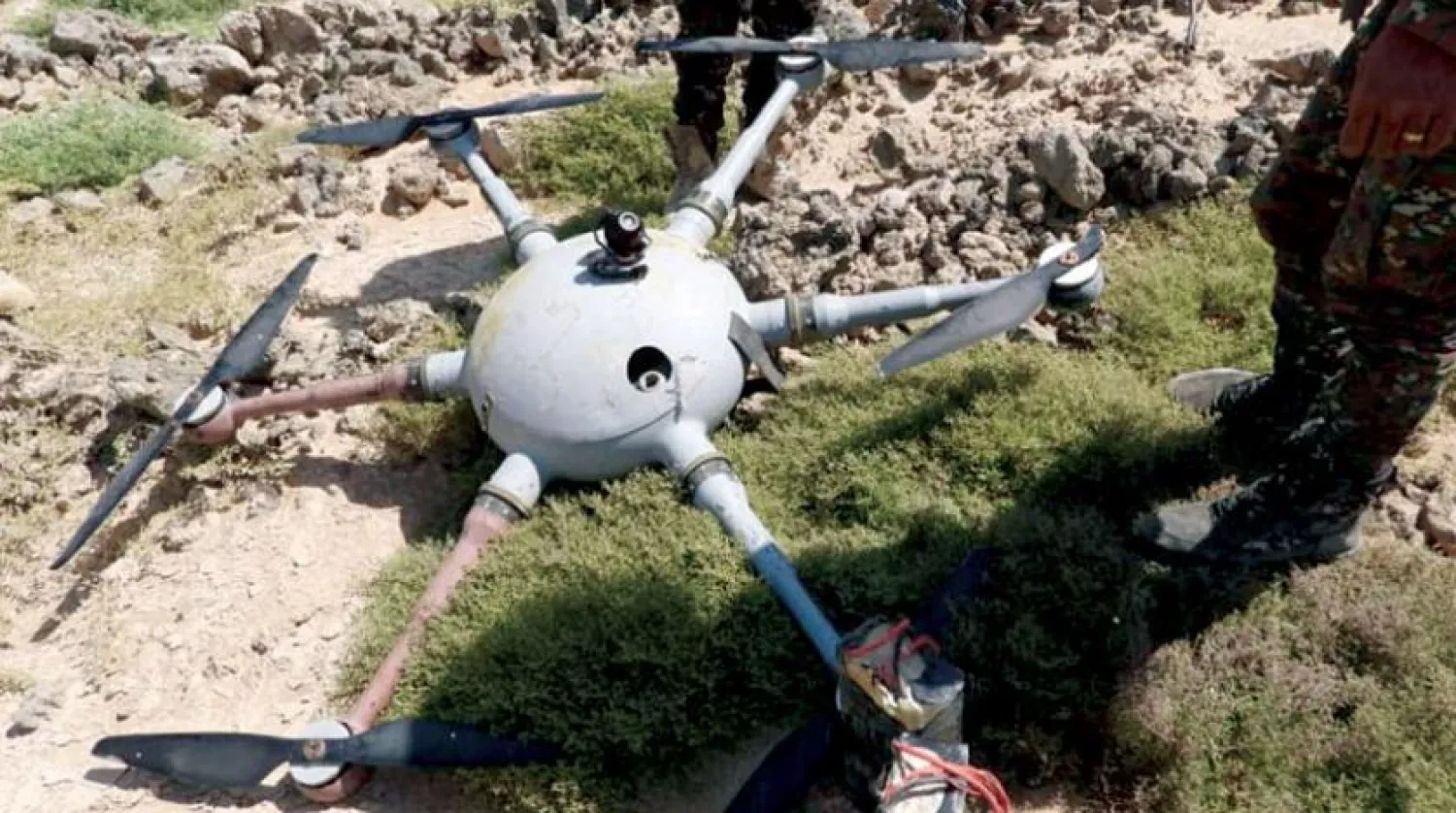In the wake of the Houthi drone attack on the Qena oil port in Shabwa Governorate, the Yemeni government called on the international community to classify the group as a terrorist organization.
The militia claimed responsibility for the attack and threatened sea confrontations and more violent strikes.
On Wednesday, the Houthis targeted the port on the Arabian Sea, with a booby-trapped drone while a ship was unloading a delivery of fuel. The attack did not cause human casualties.
The attack is the third of its kind after two attacks on the Dhabba oil port in Hadramout and the al-Nashima port in Shabwa. The Houthi militias are attempting to intimidate the legitimate government to force it to share the proceeds of selling crude oil extracted from the liberated governorates.
In an official statement, the Yemeni government warned “of the repercussions of the Houthi terrorist attacks on the deterioration of the humanitarian and economic situation of Yemeni citizens.”
"The Houthi militias committed another terrorist attack using drones targeting Qena commercial port in Shabwa province in ongoing terrorist operations and targeting of civilian facilities,” the statement said.
“The terrorist attack reflects the aggressive nature of these terrorist militias, in clear contravention of all international calls to stop the escalation and the targeting of infrastructure and economic capabilities of the Yemeni people,” the statement added, noting that the “terrorist militias are committing these crimes to serve the agenda of the Iranian regime and to destabilize international peace and security.”
The Yemeni government called on all countries to adopt strict measures to classify the Iran-backed militias as a terrorist organization, in order to prevent the recurrence of such attacks and dry up their sources of funding in a manner that preserves the stability and security of the region and the world.
Well-informed Yemeni sources reported that crude oil exports have stopped due to the recent Houthi strike, despite government efforts to find solutions to protect and secure cargo ships.
The militia’s attack on the Qena oil port came in parallel with other attempts to target camps for the displaced in Marib, where the government forces managed to bring down a booby-trapped drone west of the city, according to official sources.
The militia has so far rejected the UN efforts to renew and expand the truce after it expired at the beginning of October, as it put forward conditions described by the UN Security Council as “extreme”.









